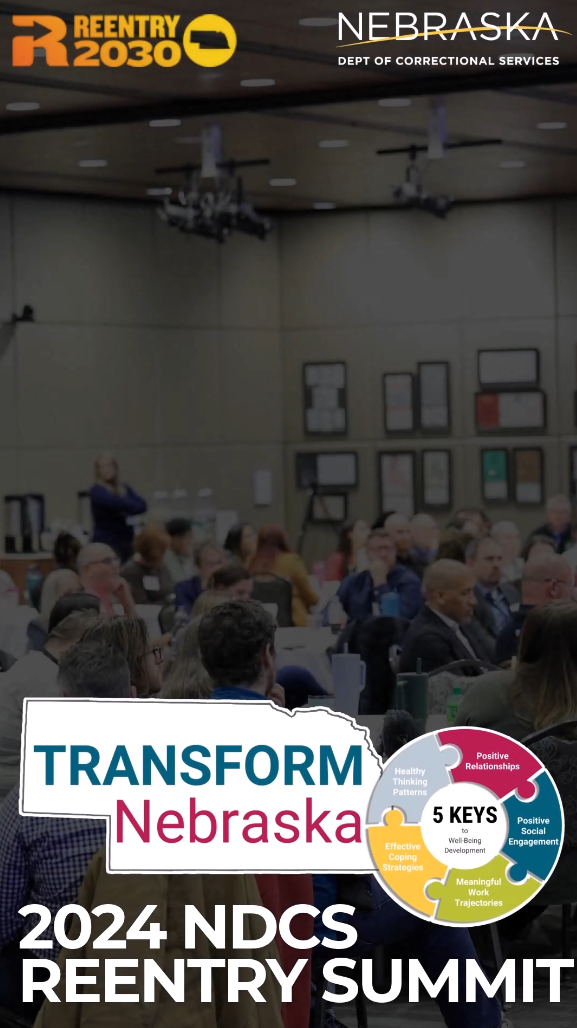November 13, 2024
Social Media
Tecumseh State Correctional Institution (TSCI)
Reception and Treatment Center (RTC)
Omaha Correctional Center - (OCC)
Nebraska State Penitentiary (NSP)
Nebraska Correctional Youth Facility (NCYF)
Nebraska Correctional Center for Women - NCCW
Community Corrections Center - Omaha (CCC-O)
Community Corrections Center - Lincoln (CCC-L)
Kicking off an incredible day with our partners as we work together to #TransformNebraska
